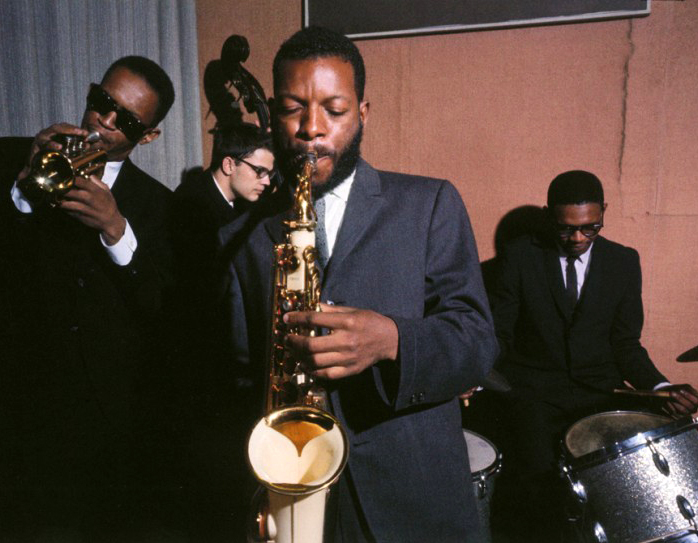
The critical reception of John Coltrane’s saxophonic scream—an incredibly high-pitched, raw, and intense explosion of timbre—demonstrates how our precognitive reaction to sonic timbres can invoke tropes of masculinity and race.
A perceptual/cognitive approach that focuses on the degree to which the listener identifies with the sound, citing recent research on the neurophysiology of audition, locates a biological reason for the phenomenon of musical empathy—the perception that in listening to a sound we also participate in it. Our participation, however, is culturally conditioned.
Coltrane’s saxophonic scream was variously interpreted by music critics as the sound of black masculine violence and rage or as a sign of the jazz icon’s spirituality, a transcendent sound. Music critics’ visceral, embodied interpretations of Coltrane’s saxophonic scream turned on their reactions to the birth of free jazz in the context of the U.S. civil rights movement.
This according to “Theorizing the saxophonic scream in free jazz improvisation” by Zachary Wallmark, an essay included in Negotiated moments: Improvisation, sound, and subjectivity (Durham: Duke University Press, 2016, pp. 233–44).
Below, Coltrane’s performance at the Newport Jazz Festival in 1966.
[youtube=https://www.youtube.com/watch?v=wQZrXi9huZk&t=78s]



